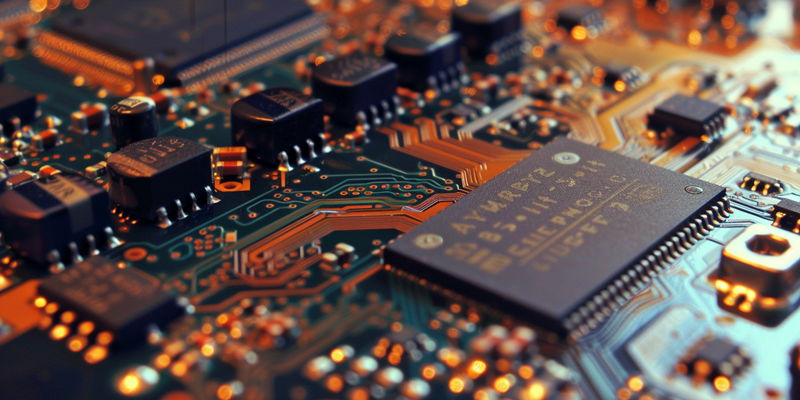In the ever-evolving world of consumer electronics, Intel’s newly released unlocked CPUs have hit a bump in the road, with reports of stability issues across a range of video games coming to light. Intel has identified a trend of anomalies that were significant enough to warrant an internal investigation into the processors’ behavior when pushed beyond their intended boundaries. At the core of these issues, BIOS configurations provided by some motherboard manufacturers, such as Asus and Gigabyte, stand accused of nudging these CPUs to operate with excessive voltage and temperatures, thus breaching Intel’s recommended specifications. These conditions can lead to instability during the intense computational demands of modern gaming.
The Root of the Problem
Through meticulous analysis, Intel discovered that the unlocked processors encountered stability problems when operated with certain BIOS settings that effectively disabled thermal and power safeguards. These settings essentially enhanced the CPUs’ overclocking potential beyond standard thresholds. Exacerbating the issue, users were often unaware of the aggressive default profiles applied by their motherboards, which inadvertently allowed their CPUs to enter these risky performance zones. This revelation pointed to a lack of alignment with Intel’s operational standards, pushing the company to respond with measures intended to reign in these settings back within safer limits.
Mitigation and Guidance
Intel is facing a challenge with its newly released unlocked CPUs, as gamers are experiencing stability issues in various video games. The company is investigating these anomalies, which have emerged when the processors are overclocked, a practice that pushes CPUs beyond their standard limits. The BIOS settings from motherboard manufacturers, such as Asus and Gigabyte, have been implicated in these problems by enabling the CPUs to run at higher voltages and temperatures than what Intel recommends. Such conditions can compromise the processors’ stability, particularly under the heavy load of today’s graphically and computationally demanding games. Addressing these issues is crucial for Intel to maintain its reputation for reliable, high-performance CPUs in the competitive consumer electronics market.

